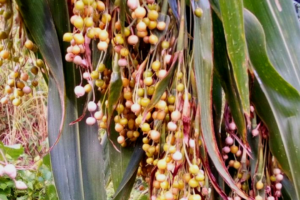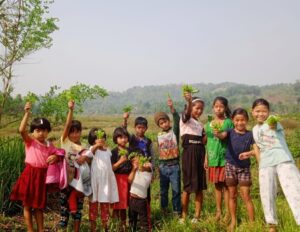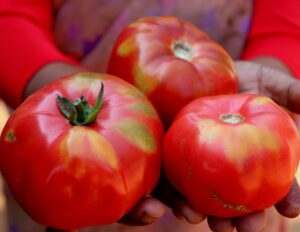NESFAS, along with Mawhiang community, organised an Agrobiodiversity (ABD) Walk on April 14, 2022 with the Agroecology Learning Circle (ALC) members and school children. This programme is part of the project “Empowering Indigenous Communities through Agroecology Learning Circles (ALCs) for resilient, integrated and innovative natural resource management” supported by MBMA and funded by the World Bank under the Meghalaya Community Led Landscape Management Project (CLLMP).
ABD Walk is one of our core tools that helps in intergenerational knowledge exchange, and at the same time, raises awareness about the diversity of local food plants and the richness of Mother Earth. The participants actively participated in the programme; they began from the kitchen garden of Kong Aiolian Kharsyntiew and went on to the forest. They identified and documented 42 food plants, of which 24 were cultivated crops, 8 were wild edibles and 10 were medicinal plants.
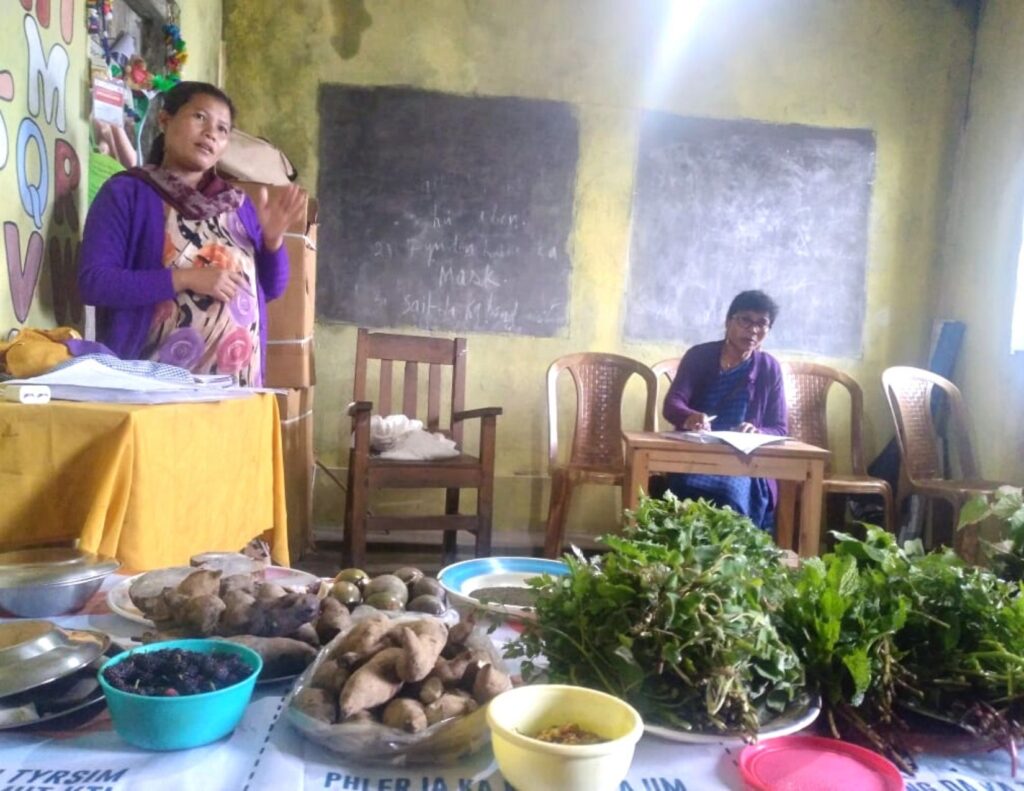
Kong Aiolian who is an ALC member from Mawhiang expressed, “Walking to the forest to identify and collect food plants, and narrating the stories to the children is useful for sharing the knowledge of our local biodiversity”.
One of the food plants that they came across was the Sohkhia khlaw. Sohkhia is a Khasi term for cucumber and khlaw (Khasi) means forest. This unique wild leafy vegetable is only found in the forest areas and the aroma as well as the taste is quite similar to a cucumber. That is why the community members named it Sohkhia khlaw. This food plant is harvested only between February to March, and can be consumed as a salad or prepared as a curry.
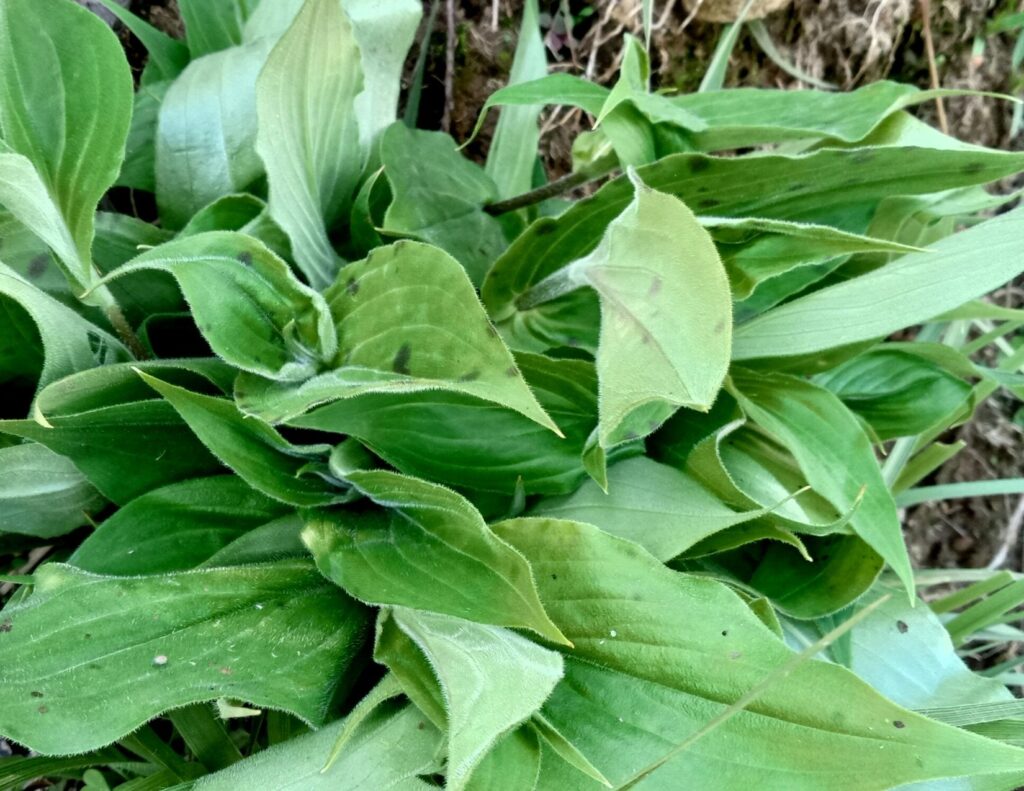
Kong Aiolian also shared that the saplings of this leafy vegetable have been distributed to other villages in the past, but failed to grow in those areas.
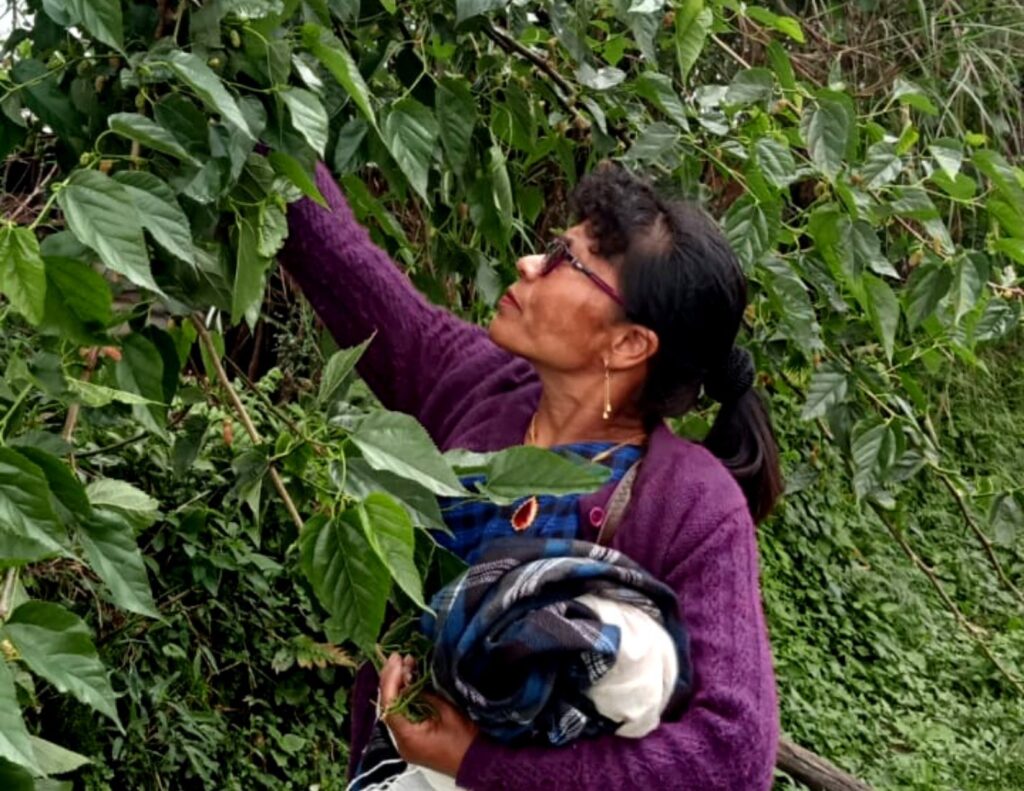
During the ABD Walk, children learnt valuable information about each food plant that they identified.
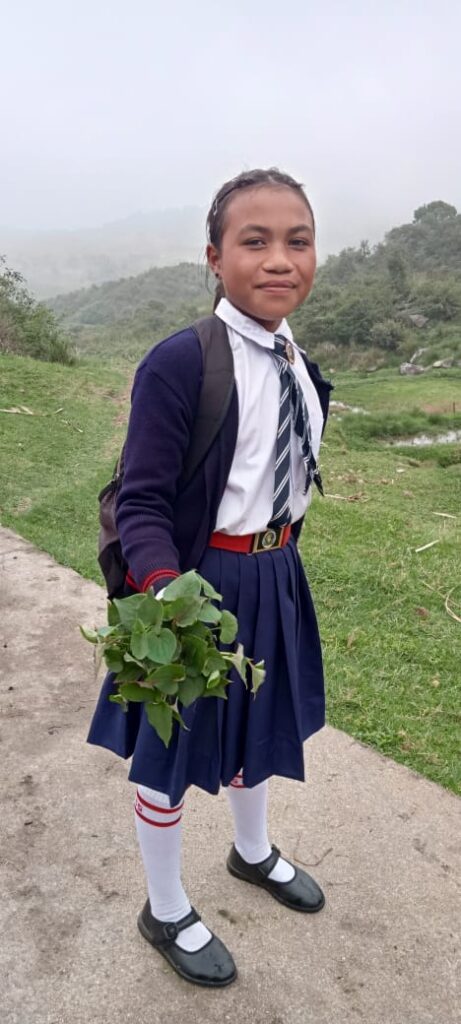
Rosie Mary Kharsyntiew, 9 year old student, expressed, “I am delighted to have attended the ABD Walk. I learnt about the sohkhia khlaw for the first time”.
Among the ALC members, ways to increase the production of these valuable and local food plants were discussed. The members also felt that domestication of wild edibles and medicinal plants might help prevent these plants from becoming extinct.

